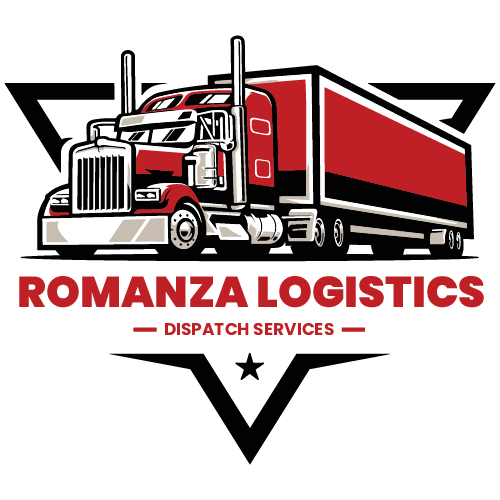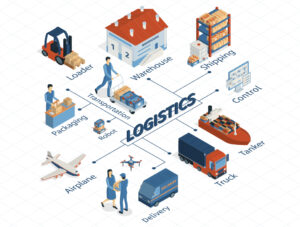The vast logistics network of the USA keeps the wheels of commerce turning, transporting countless goods across the country. But what happens when the unexpected occurs? Accidents, weather events, theft, and even mishandling can all threaten the safe arrival of your shipment. This is where cargo insurance steps in, acting as a financial safety net to protect your investment.
However, navigating the world of cargo insurance can be daunting. With various types of coverage and factors to consider, choosing the right policy is crucial. This blog post delves into the importance of cargo insurance in the USA, explores different coverage options, and offers valuable tips for selecting the best insurance for your specific logistics needs.
The Importance of Cargo Insurance:
Imagine a scenario where your shipment of high-end electronics gets damaged during transport due to a collision. Without cargo insurance, you’d be left bearing the financial burden of replacing the lost or damaged goods. Cargo insurance acts as a shield, mitigating financial losses arising from various perils that can occur during transportation, including:
- Physical Damage: Accidents, collisions, weather events like storms or floods, or fire can damage your shipment. Cargo insurance covers the cost of repairs or replacements.
- Theft: Unfortunately, theft can occur during any stage of the transportation process. Cargo insurance reimburses you for the stolen goods’ value.
- Loss: Mishandling or misplacement of cargo can lead to complete loss. Cargo insurance provides financial compensation for the missing goods.
Understanding Cargo Insurance Options:
Cargo insurance comes in various forms, each offering different levels of protection. Here’s a breakdown of some common types:
- Free on Board (FOB): The seller is responsible for the goods until they are loaded onto the ship or other means of transport. The buyer typically arranges and pays for cargo insurance after this point.
- Cost, Insurance, and Freight (CIF): The seller arranges and pays for the minimum amount of cargo insurance required to cover the cost of the goods, insurance, and freight charges.
- Named Perils Coverage: This policy covers only specific risks explicitly listed in the policy document. It’s generally less expensive but offers limited protection.
- All-Risk Coverage: This more comprehensive policy covers a wider range of risks, including named perils and unforeseen events. It provides the most extensive protection but comes at a higher premium.
Choosing the Right Insurance:
The optimal cargo insurance policy depends on several factors:
- Value of your Shipment: High-value goods necessitate more comprehensive coverage.
- Mode of Transportation: Risks vary depending on whether your shipment travels by air, sea, or land.
- Route of Transportation: Certain routes may have higher risks due to weather patterns or political instability.
- Incoterms (International Commercial Terms): These terms define responsibilities and risk transfer between buyer and seller during international shipments.
Tips for Choosing Cargo Insurance:
- Work with a Reputable Insurance Broker: An experienced broker can assess your needs and recommend the most suitable coverage options.
- Read the Fine Print: Carefully review the policy document to understand the covered perils, exclusions, and claim procedures.
- Declare the Correct Value: Undervaluing your shipment can limit your claim payout.
- Maintain Proper Documentation: Keep copies of invoices, bills of lading, and other relevant documents to facilitate the claims process.
Conclusion:
Cargo insurance is an essential investment for any business involved in shipping goods within the USA. By choosing the right type of coverage and working with a reputable broker, you can ensure peace of mind and minimize financial losses in case of unforeseen events. Remember, a little planning goes a long way in safeguarding your valuable shipments and keeping your business running smoothly.





